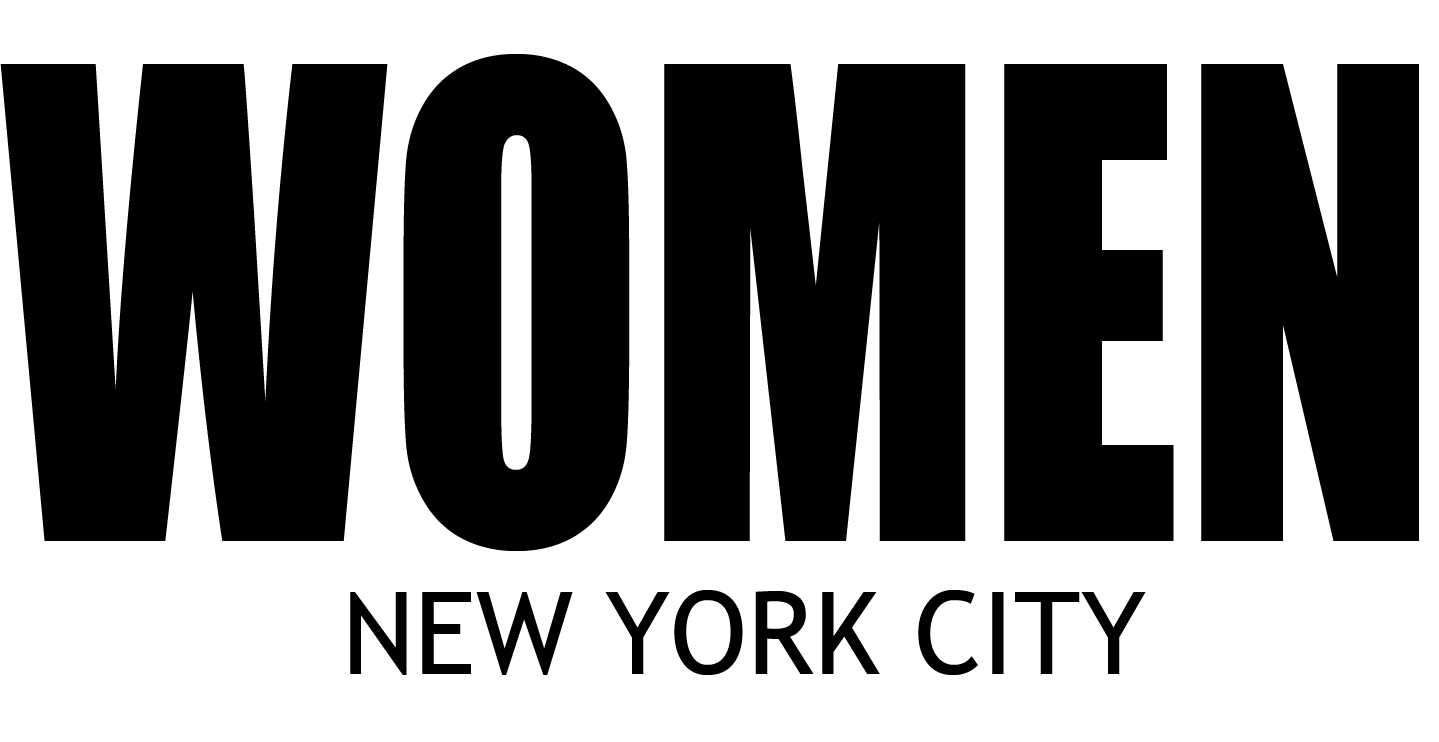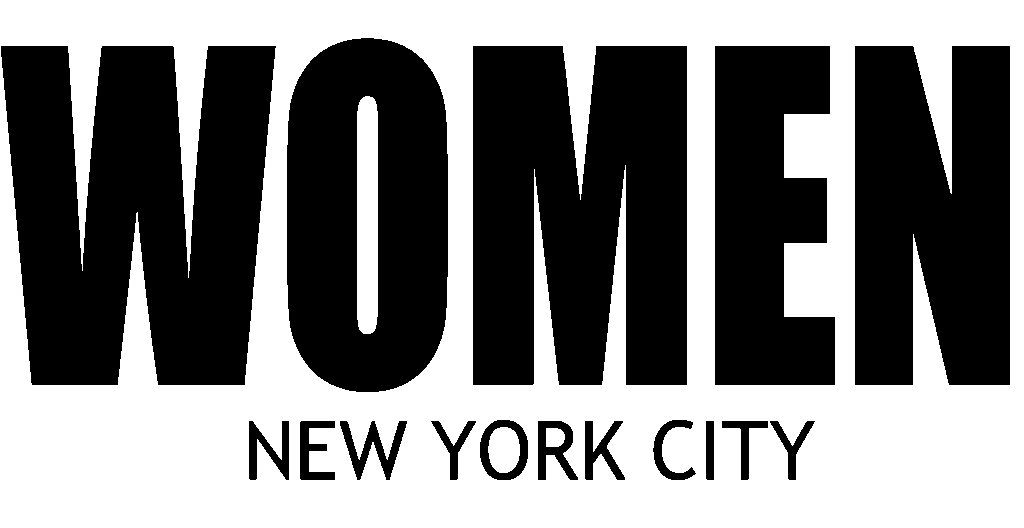The world feels louder than ever — a constant hum of outrage, breaking news, and digital noise. Yet, amidst the chaos, a quieter revolution is unfolding. One that doesn’t shout, but listens. One that doesn’t divide, but heals.
It’s the politics of hope — a movement powered not by ideology, but by empathy.
In a time when fear dominates headlines, hope has become a radical act. It’s not naïve optimism; it’s courage disguised as calm. The belief that even in the darkest cycles of history, humanity still bends toward light.
The Strength in Stillness
We often confuse silence with weakness. But silence — when chosen, not imposed — is power.
It’s the pause before truth, the breath before action.
Hope thrives in that stillness, where reflection turns into resilience.
Across the world, communities are rediscovering the quiet power of collective care. After years of division, disinformation, and burnout, people are realizing that real change begins not with anger, but with awareness.
The pandemic years left scars, but they also left wisdom. We learned that survival is not enough — connection is essential. And that healing, both personal and political, begins with listening.
The Return of Human Politics
Politics is not just policy — it’s presence. It’s the ability to see, to feel, to imagine a shared future.
The leaders who resonate today are not those who dominate the room, but those who humanize it. They understand that compassion is strategy, not softness.
Figures like Jacinda Ardern and Sanna Marin showed that emotional intelligence can coexist with authority — and that empathy can govern as effectively as ambition.
Their legacies go beyond office; they’ve reshaped the image of leadership itself.
Hopeful politics doesn’t ignore injustice — it confronts it with purpose. It doesn’t romanticize peace — it builds it.
It’s the slow, patient work of those who believe that every conversation matters, that every small kindness is a political gesture.
The Rise of Emotional Citizenship
The citizens of 2025 are not passive spectators. They’re emotionally awake — aware that every post, every protest, every purchase is a statement of values.
They understand that activism doesn’t always mean confrontation. Sometimes it means choosing compassion over cynicism, creation over criticism.
This new emotional citizenship is turning empathy into infrastructure. Communities built on care are proving that progress can coexist with softness, and that gentleness, too, can be revolutionary.
When Hope Becomes Resistance
Hope, in its truest form, is defiance. It’s what artists paint with, what journalists write from, what survivors carry in silence.
It’s not denial — it’s decision. The choice to look forward when everything around you says to look away.
And that choice, multiplied by millions, becomes movement.
Because in a century defined by noise, maybe the next great revolution won’t be televised or trending.
Maybe it will begin in the quiet — with one person choosing to believe, to build, to begin again.
Hope is not the absence of struggle. It’s the refusal to surrender.


